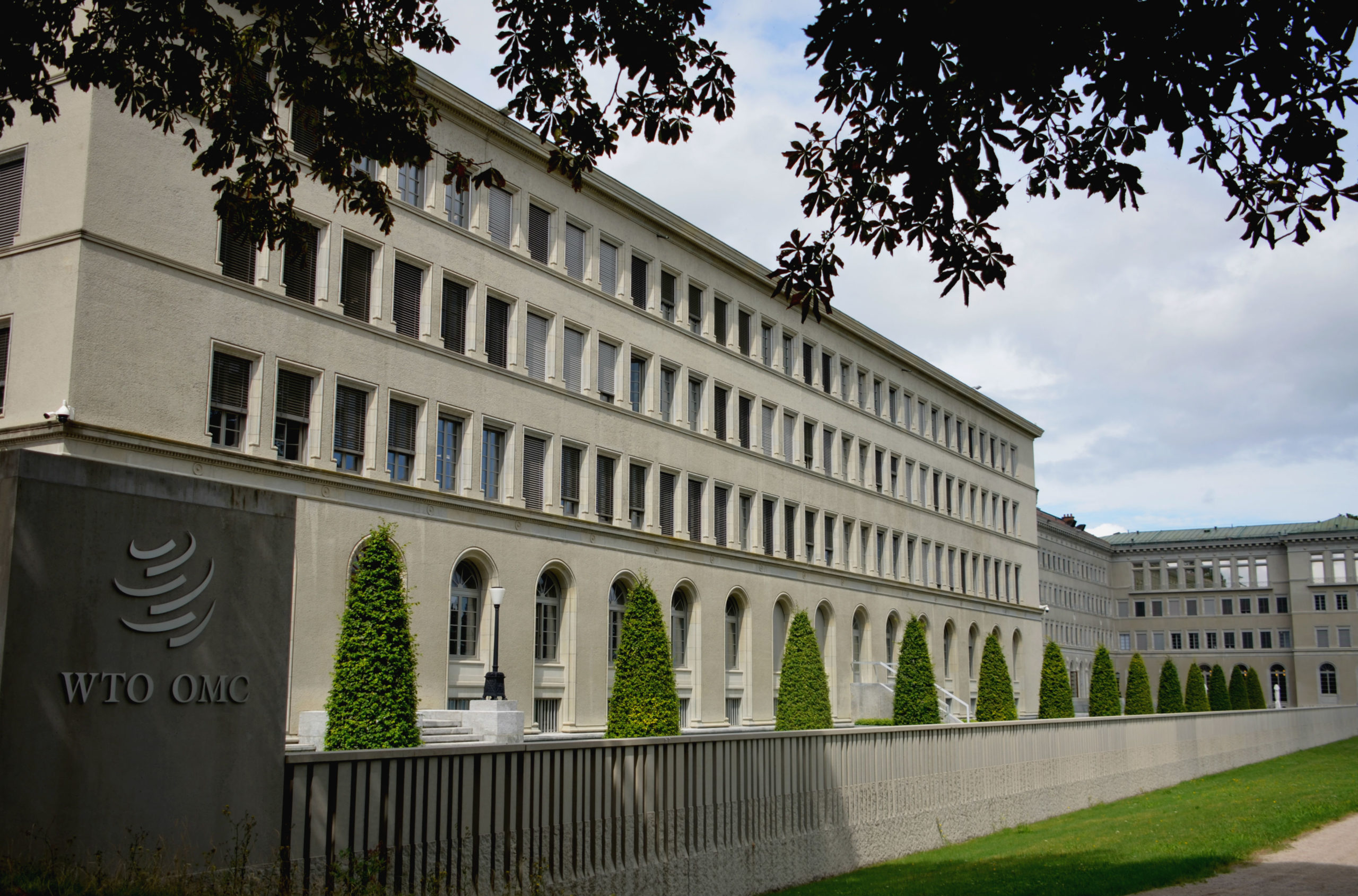Conservatives Must Tackle the Problems of the Digital Revolution
Rachel Bovard highlights American Compass’s Lost in the Super Market collection in a discussion of how public policy must be rethought in light of the digital revolution.
Rachel Bovard highlights American Compass’s Lost in the Super Market collection in a discussion of how public policy must be rethought in light of the digital revolution.
An iconoclast’s administration will struggle to find personnel both experienced and aligned.
As the pundits, campaigns, and lawyers continue to unpack this election, there are a few things we know for certain.
In a recent Commons post, Wells King argues against the Trump administration’s recent gutting of the Obama-era rule U.S. Department of Housing and Urban Development (HUD) rule, Affirmatively Furthering Fair Housing, more widely known as AFFH. He characterizes the action of largely scrapping the rule, as opposed to merely revising it, as a case of the administration bowing to “upper class NIMBYism.” I respectfully disagree.
The debate about Big Tech often breaks down into one of whether or not a private company should be “regulated.” This is especially true as attention heats up around the use of antitrust enforcement — substantively, definitionally, and applicably different than regulation, though in argument one side attempts to conflate them.
In a recent Real Clear Markets column, economist John Tamny made the case that Oren Cass’s policy advice is backwards and will result in political doom for, in Tamny’s words, “the hyper emotional Marco Rubio.”
Sen. Josh Hawley recently opined in the New York Times about the need for the US to back out of the World Trade Organization (WTO) and engage the global economy with bilateral trade agreements that better reflect American interests.

Join our mailing list to receive our latest research, news, and commentary.

Subscribe to receive updates, previews, and more.






